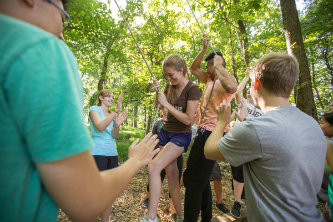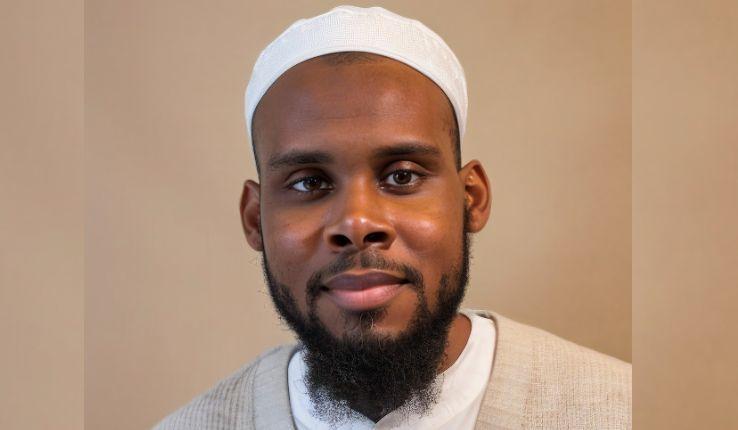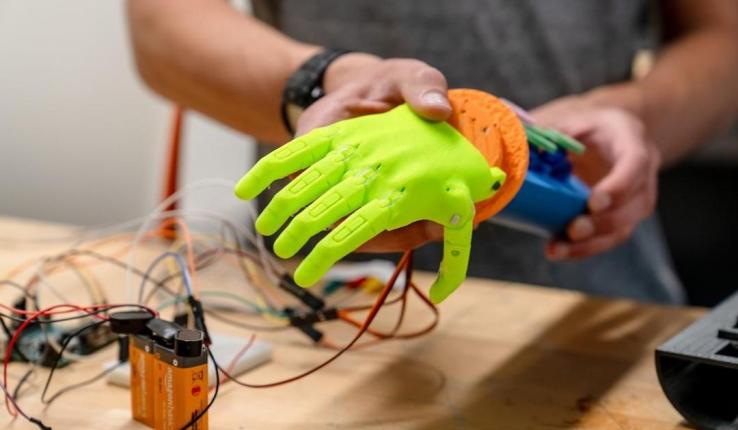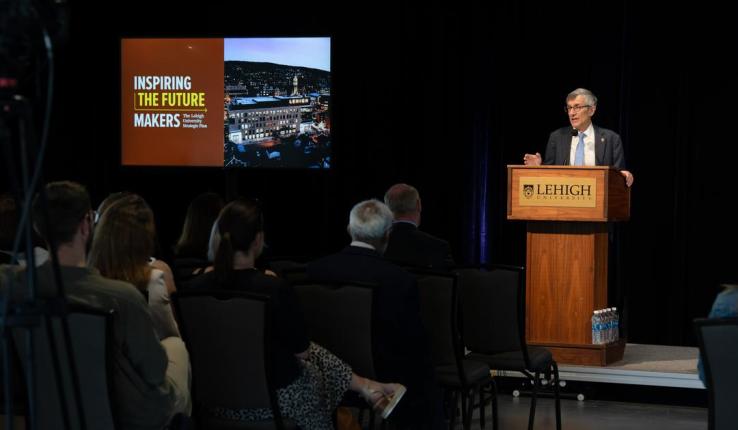EvoLUtion capitalizes on staff and faculty leadership
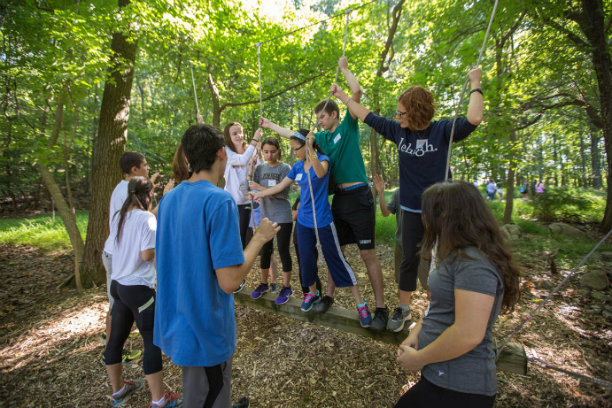
After an initial ice-breaking ropes course experience, students meet several times over the semester.
For new undergraduate students, their earliest moments on campus are a whirlwind of activities and an avalanche of information. Stefanie Burke of Lehigh’s Office of the First Year Experience says that’s just the beginning of a much longer and crucial period.
“The initial 10 weeks of that first semester are critical in creating habits,” Burke explained. “We go over a lot in orientation, but we have learned that until students actually experience things, they don’t necessarily absorb it all.”
To help bolster the success of first-year students, the office created the EvoLUtion seminar. Over those first 10 weeks, roughly 2/3 of their first semester, students are placed into small groups led by faculty, staff and peer leaders. After an initial ice-breaking ropes course experience, the groups meet several times over the semester. During those meetings, they discuss campus culture, identity formation and goal setting for their time at Lehigh. The students also check in individually with their leaders.
“Sometimes students are struggling socially, so this is a chance to discuss how they’re getting along with their roommates, to see if they are getting involved in activities,” Burke explains. Facilitators will also ask their students how things are going academically and will link them up with resources such as tutoring if they need it.
Fueled by staff and faculty
Participation from across the Lehigh community fuels the success of EvoLUtion. Staff and faculty sign on each summer to serve as facilitators. They are aided by undergraduate peer leaders.
“The key qualifications to lead a group are a commitment to the student experience and a willingness to listen,” Burke said. “You don’t need to know everything about Lehigh as long as you are willing to help.”
As an associate professor in the all-graduate-level College of Education, Robin Hojnoski saw the program as an opportunity to get more in touch with the undergraduate campus community. “I enjoyed getting to know students in this time of transition,” she said. “It helped me think more about ways I could get involved with the undergraduate experience.”
Liz Hill, coordinator in the sociology department, served as an EvoLUtion leader for the first time this fall. “As a staff member, I wanted to be more directly involved with students. I think it’s really valuable to connect with incoming students and to learn how we as faculty and staff can better serve them,” she said.
The time commitment for leaders includes a half-day training in August; approximately three hours to attend the introductory ropes course; planning and executing three 50-minute group meetings; and holding two 15-minute one-on-one meetings with each of their group members. There are also two meetings with Burke prior to and after the program. Staff and faculty leaders receive an $800 stipend.
Dave Hinrichs, lecturer, accounting, has been an EvoLUtion facilitator since 2008. He appreciates the chance to make a positive impact. “Sometimes it’s a challenge getting students to feel comfortable sharing their concerns,” he said. “But I believe it is a matter of doing a good job of listening and helping them to realize you are there as a resource if and when they feel the need.”
EvoLUtion seeking more facilitators
Because it’s important to keep the groups to about 15 students, the EvoLUtion seminar requires a large number of faculty and staff facilitators. As in past years, the office is currently seeking more participants. More information is available on the Student Affairs website. Interested employees can apply on the Office of First Year Experience website.
Associate Director of Residence Life Courtney Stephens recommends the experience highly. “We do a lot in our roles at Lehigh, and everything we do has an outcome,” she notes. “When one of the outcomes can be that you have helped a student find a home and environment in which they can learn and succeed? That's pretty powerful!”
Story by Hillary Kwiatek
Posted on:


